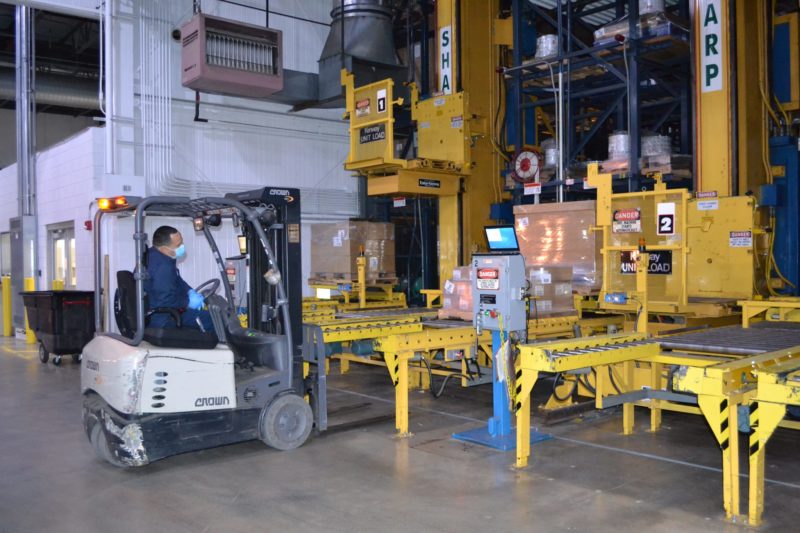
Pharmaceutical and biotech packaging leader Sharp announced it has received a Foreign Trade Zone (FTZ) designation for some of its operations in Pennsylvania’s Lehigh Valley.
Using Sharp’s FTZ designation will allow clients to defer, reduce or eliminate their customs duties and other tariffs and taxes, the company said. The designation will help clients at the company’s Allentown campus, as well as at its Macungie and Bethlehem facilities. Sharp already had the FTZ designation at its Conshohocken location in Montgomery County.
“The Foreign Trade Zone in the Lehigh Valley saves our clients both time and finances related to contract services we perform in the Lehigh Valley, which is already a desirable region for Sharp’s clients because of its location in the heart of the Northeast supercluster of life sciences companies,” said Jeff Benedict, Sharp’s Chief Commercial Officer. “The savings and efficiencies are critical for companies in this highly regulated, growing industry across oral solid and cold chain bioscience products.”
The FTZ is granted to the Lehigh Valley Economic Development Commission, which allows companies to apply to establish an FTZ for their business. Sharp joins several companies already in the FTX, including Primark, BMW, Cooper Tire, Grundfos Pump, Piramal Critical Care, and Geodis Logistics.
FTZs can help facilitate and expedite international trade, help companies conduct international trade-related operations, help attract offshore activity and assist with economic development efforts. There are 197 active FTZs in the United States.
The FTZ will let clients use Sharp to package, assemble, manufacture, mix, process, relabel, repackage, sample, store, test, and destroy bulk drug product under the authority of the U.S. Foreign Trade Zone Board and U.S. Customs & Border Protection. Benedict said the FTZ allows clients to have Sharp store or package products under FTZ rules ahead of a specific timeline. Additionally, the streamlined customs paperwork and procedures, as well as the priority pier-side movement, can help speed up getting products to consumers, the company said. Deferred duties can also help companies manage budgets.